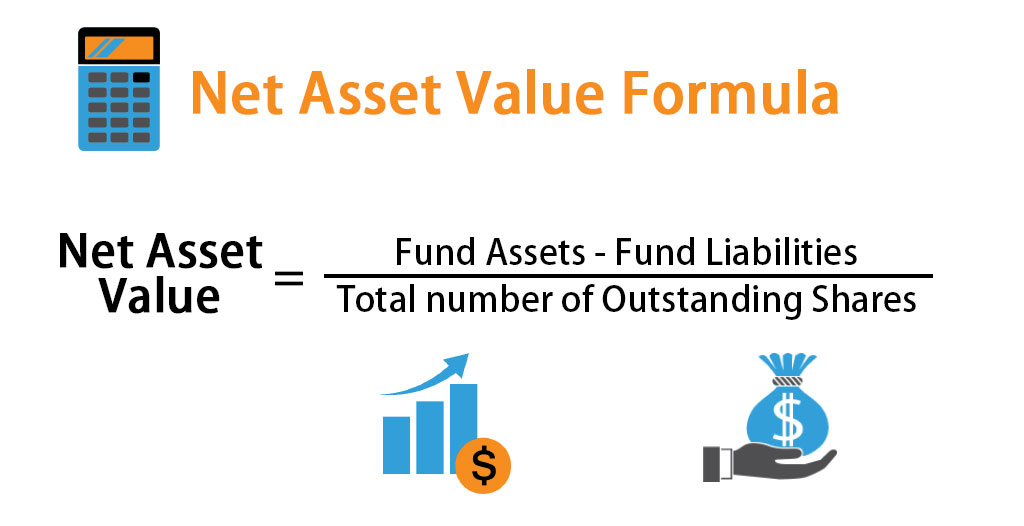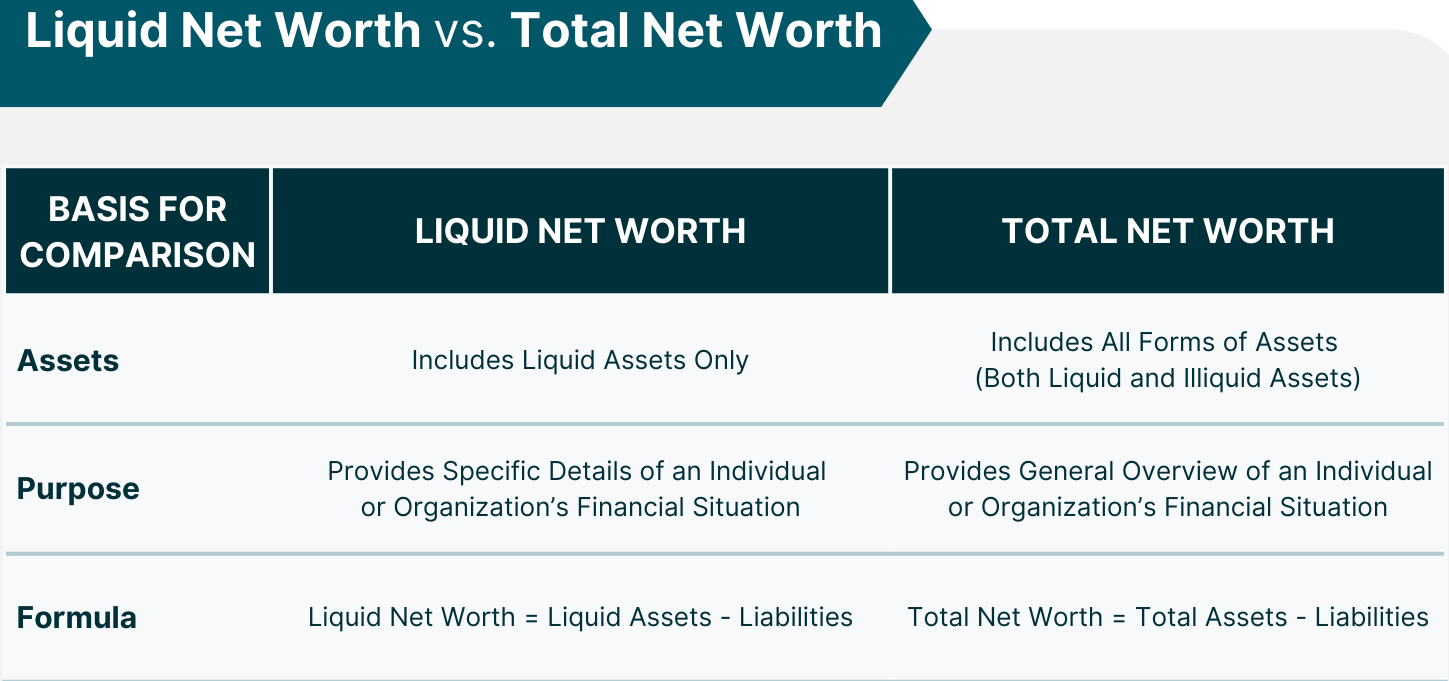Equity Linked Savings Scheme (ELSS)
Equity Linked Savings Scheme (ELSS) ELSS is a type of mutual fund scheme which invests primarily in equities, providing potential for higher returns over the long term. Equity Linked Savings Scheme offers tax benefits under Section 80C of the Income Tax Act, 1961 in India. Features of ELSS: Tax Benefits: ELSS investments qualify for tax… Read More »









